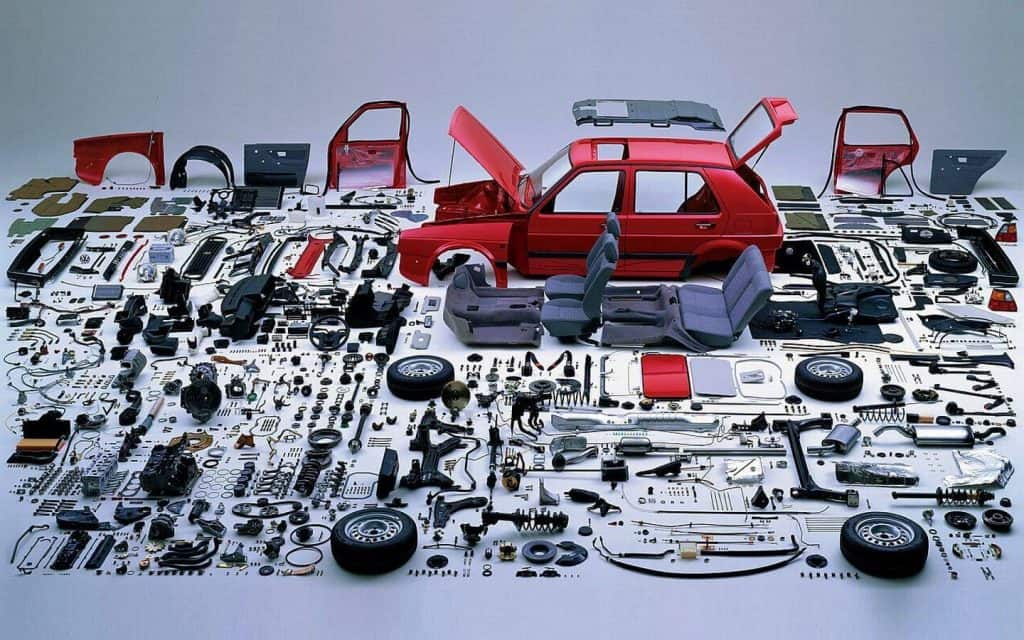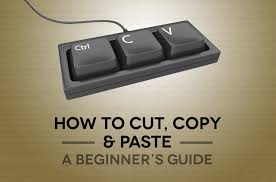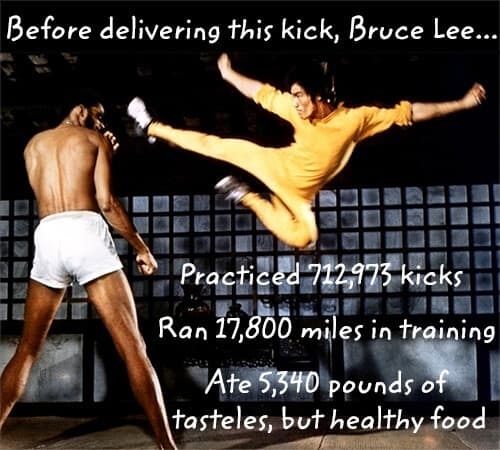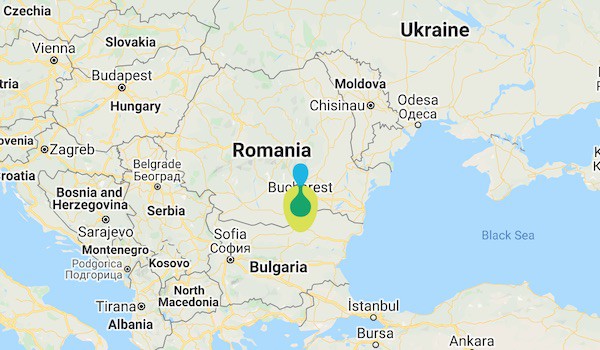I have a question for you:
– What is the most important part of your car?
You may be wondering what your car has to do with my nutrition, but if you play in.
Let me start: the experience with the people I work with everyday has shown me that nutrition is much easier to understand when comparing learning to drive your car to learning to drive your body.
Most of the ideas we still have today about weight loss are on the market for about 100 years: calories, glycemic index, miraculous food combinations, ketogenic diets, dehydration, starvation. And for 100 years the world is getting… bigger and bigger.
So maybe we need to understand the mechanisms behind the fattening and not blindly pursue other people’s solutions, frequently efficient only on the short run.
Now it’s your turn:
– So? What is the most important part of your car?
Most of the drivers I asked this question said the engine. If you have the same opinion, please take a state-of-the-art engine and drive it home in a car without a windshield.
A personal example of this was when I left my son in the car for a few minutes and he inserted all the coins he found in the door of my car into the CD part of the radio… Nothing compared to a long road without radio, news, discussions or even some ads. Trust me, on a long drive home with a bored child in the car, most of us would even miss the radio.
Returning to nutrition, is absolutely essential to know your goal:
- weight loss
- physical performance
- increased immunity
- improved fertility
- vitality
- improved health
Power is the engine. It’s just that, unfortunately, there are plenty of other non-food factors that can keep you from getting where you want to be, stress and sleep being on the top of the list.
In my workshops and my books I present in detail the mechanisms by which stress affects us metabolically, psychologically and behaviorally, as well as some of the solutions in find efficient for metabolic self-control during stress. In this article I want to explain a little bit about sleep.
If your sleep is not good, it is as if you want to go to work with your handbrake pulled: you might ruin the engine, you’ll get nowhere and you will get angry.
– And what does quality sleep mean?
Most of the people I asked (and I often ask) think that “quality sleep” actually means a quantity: if you sleep 6-8 hours, then it’s ok.
– But what do you do if you sleep 9 hours and still wake up tired?
– Or 10?
Biologically, the same thing happens in your body just like when you only slept for 3 hours because you turned on all your sides until you fell asleep and you woke up 5 times over night.
- Metabolic: You will compensate the lack of effective sleep with increased cortisol secretion because you lose REM sleep – ie the most restful part of the sleep cycle – during times of high stressful events. And cortisol fattens like hell.
- Psychological: You will be more irritable, more impulsive, harder to get along with others (because, due to fatigue, you have decreased empathy and assertiveness). And studies show that irritability increases the secretion of hydrochloric acid and ghrelin – a hunger hormone secreted by your stomach as a compensatory mechanism to keep you off a gastric ulcer. Depending on their type of personality, some people get fatter during stressful times, some get ulcers.
- Behavioural: You will do too many of the activities you do not need and too few of the ones that do you do need (because, due to lack of quality sleep, you will have the tendency to either do a thousand things at a time or to not care of everything. And also due to increasing fatigue you will probably skip sports, which will paradoxically make you even more tired than you already are).
And, also depending on the personality type, you might completely ignore any common sense nutrition – the most important part of your “car” – and you might try to survive on smocking, caffeine, HFCS and TF (in English: coffee, soft drinks and fast food) to make your day more tolerable.
The absolute best nutrition plan is trashed down the toilet by a low quality sleep, so – if you recognize yourself in the pattern above – please read the “Stress” part of „The Old Chocolate Diet“.





